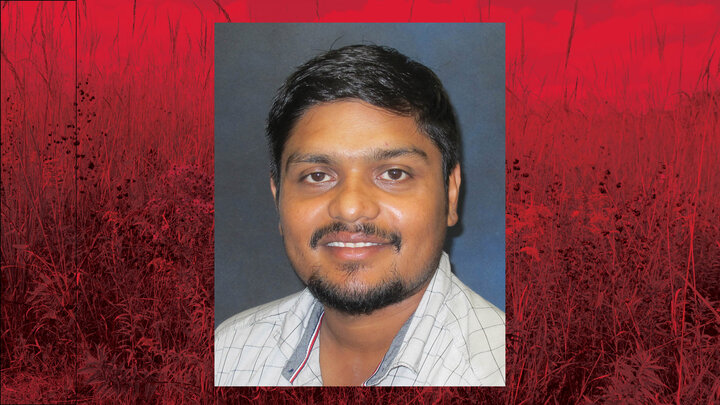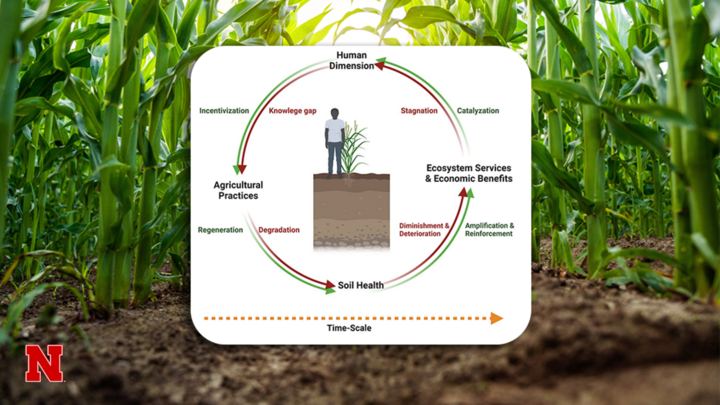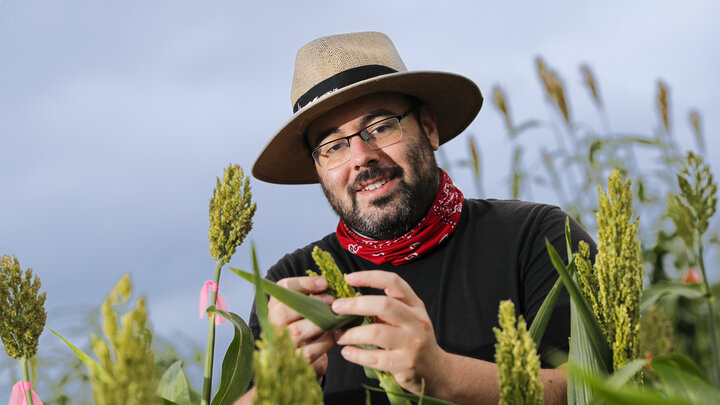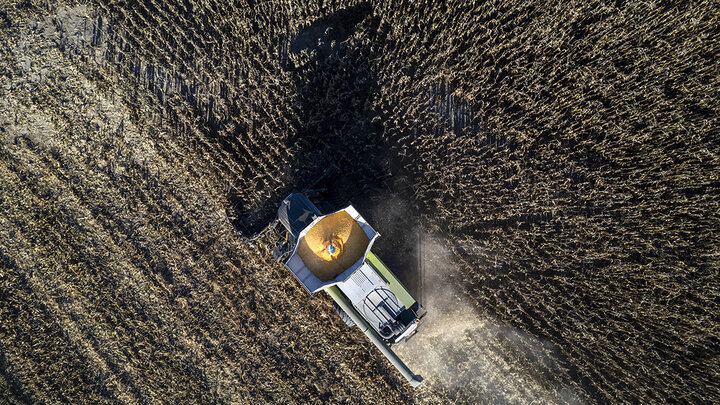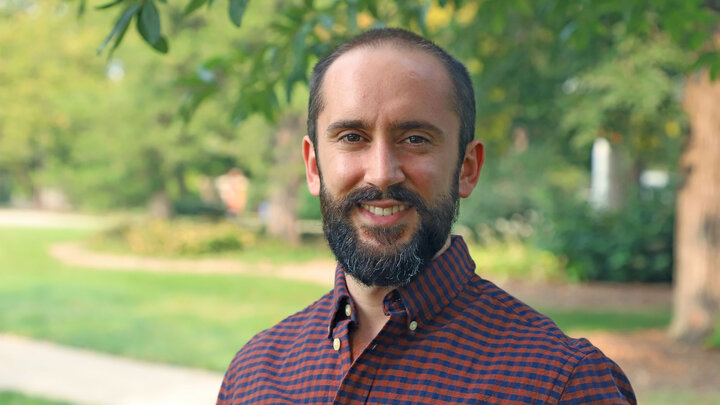Bijesh Maharjan, agronomy and horticulture assistant professor and soil nutrient and management specialist, has been building his soil research and Extension program for several years at the Panhandle Research and Extension Center in Scottsbluff. Now, Maharjan’s program has grown with the addition of Saurav Das, post-doctoral research associate in soil health.
“Saurav has a background is microbiology, so with a big push on soil health, he will be a good fit in the soils program,” Maharjan said.
Das will be involved in projects to do with soil health, including developing potential funding proposals and monitoring graduate students and interns. He also helped organize the first Panhandle Soil Health workshop in early March.
Maharjan said soil health is an important topic, and a number of land-grant universities have faculty soil health posts.
The Panhandle Center has a unique soil laboratory in the Knorr-Holden Corn Plot, established in 1912. The Knorr-Holden plot is one of the five oldest continuous field crop experiments in the United States, and is the oldest irrigated corn plot. It has been listed in the National Register of Historic places since 1992, one of three such designations in the United States for long-term research plots.
Das has helped collect 100 years of data from Knorr-Holden and will submit it for publication. Das said he is working on developing the baseline data on soil health.
“The soil has degraded since the beginning of agriculture, when it was grass and virgin fields, and can we change practices or use amendments to restore it to close to its original status,” he said.
Prior to joining Maharjan’s soils program, Das spend 1 ½ years as a visiting scientist with Nebraska’s agronomy and horticulture associate professor Dipak Santra’s alternative crops breeding program, working on field peas and proso millet.
Das received a master’s degree in biotechnology and doctorate in microbiology in India. His studies involved the biogeochemical cycle of arsenic and factors affecting it. After receiving his Ph.D. he worked as an adjunct faculty member in water quality, researching and teaching about the distribution of antibiotic resistant pathogens in water, and how it affects human health.
